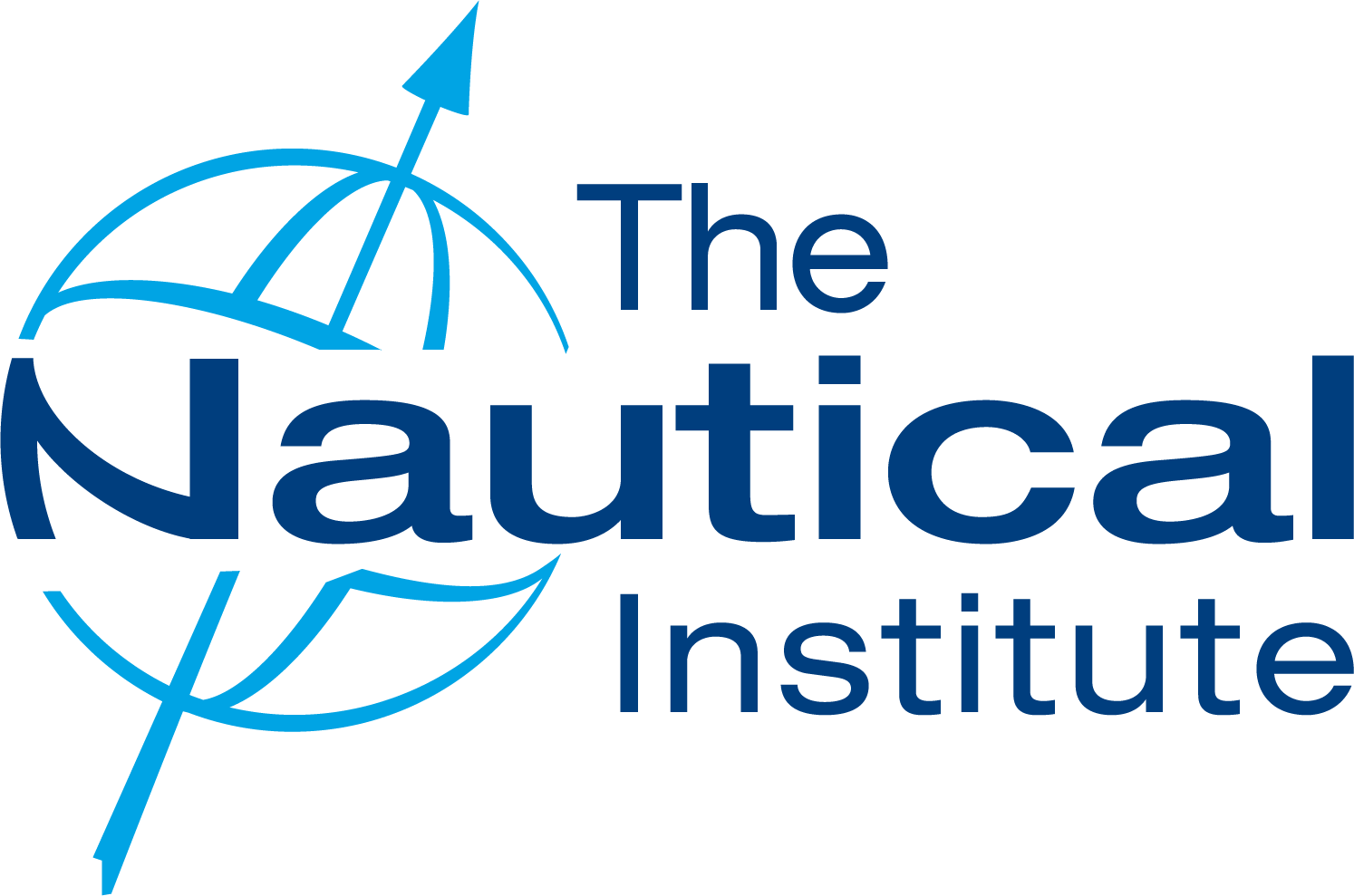“Underway at the Seas of Future: (by Steering the Course to) Maritime Education and Training for Sustainable Development”
This theme aims to inspire discussions that will shape the future of Maritime Education and Training (MET), ensuring it meets the demands of a dynamic and evolving maritime industry.

Objectives
- To bring together educators, industry professionals, policymakers, and researchers to share knowledge and best practices in Maritime Education and Training.
- To identify innovative approaches to address current and future challenges in the maritime sector.
- To promote collaboration and networking across disciplines to enhance the quality and effectiveness of maritime training programs.
Subthemes
- Integrating Technology in Maritime Training
Exploring the role of simulators, virtual reality, and e-learning in enhancing Maritime Education. - Sustainability and Environmental Stewardship
Addressing how Maritime Education can contribute to sustainable practices and environmental protection in the maritime industry. - Global Competencies and Cultural Awareness
Preparing maritime professionals to navigate diverse cultural landscapes in a globalized industry. - Regulatory Frameworks and Standards in Maritime Training
Discussing the importance of compliance with international regulations and standards in education. - Skills Development and Lifelong Learning
Emphasizing the need for continuous professional development and skills enhancement in a rapidly evolving maritime sector. - Collaborative Approaches in Maritime Education
Fostering partnerships between academia, industry, and government to improve training outcomes. - Safety and Emergency Response Training
Enhancing preparedness and response strategies through improved education and training methodologies.
Key Topic Areas
Emerging approaches applied to Maritime Education and Training
Research topics and trends in maritime transport
Maritime English and Communication
Maritime and Marine Technology and Innovation
- Technological development including digitalization, artificial intelligence, autonomous shipping, big data and its manifestation and effects in the maritime industry e.g. in autonomous vessels, in sustainable energy generation, in education and training etc.
- Trend analyses of technology and its impact on the maritime industry and society
- Predictive modelling of technological developments and their impacts e.g. on labour supply and demand
- Security infrastructure for technological systems – currently focused on cyber-security
- Fundamental philosophies relating to the sociological phenomena that drive a “technological society”
Maritime Safety
- Law, policy and governance influencing maritime safety
- Technological trends – contributory and disruptive influences on the maritime industry and vice versa
- Simulation for ship safety
Maritime Energy Management
- Maritime energy policy and governance
- Economics and social dimensions of energy management
- Energy management over the life-cycle of ships and in maritime onshore facilities (ports, shipyards)
- Renewable energy including ocean energy applicable to the maritime industry
- Marine technology and innovation related to energy
- The circular economy from a waste reduction and renewable energy perspective
Environmental Impact of Maritime Activities
- Effects of maritime activities on the natural environment
- Ways (at policy and operational levels) of limiting and avoiding negative effects of maritime activities
- The development and implementation of international instruments for the protection of the marine environment
- Development of new and sustainable practices for the maritime industry
- The circular economy from a waste reduction and renewable energy perspective
Maritime Social and Labour Governance
- Maritime human resource development through education and training
- Organizational behaviour for optimizing well-being and overall performance
- Technology – its place in education and training and its impacts on the human element
- Seafarers and other maritime professionals’ rights and welfare
- Gender, diversity, and culture in the maritime industry
- Supply and demand of maritime labour
- Migration laws and maritime professionals
Maritime Economics and Business
- Global economic and business environments for shipping and ports
- Shipping market mechanism
- Financial maritime risk management strategies
- Optimal maritime investment strategies
- Efficient and effective port operations and management
- Shipping and ports as global logistics and supply chain components
- Optimal ship routing and freight pricing with real-time AIS data
- The circular economy from a business perspective
Maritime Law, Policy and Governance
- Understanding and efficient implementation of maritime legal instruments and attendant administrative mechanisms and related policies
- Design, formulation, implementation and evaluation of law and policy at international, regional, and national levels
- Administrative framework for fulfilling national obligations under international treaties
- Maritime and port security as well as unlawful acts at sea including terrorism, piracy, illegal migration at sea, cyber-security breaches, and illegal, unreported and unregulated (IUU) fishing
- Implementation mechanisms e.g. under the legal enforcement regimes prescribed by the IMO, ILO and other UN bodies
- Unlawful acts in the form of corruption, i.e. facilitation payment, bribery and the promotion of anti-corruption awareness in the industry, together with the industry, NGOs and other UN bodies
- Application of international law and policy to non-conventional vessels including domestic ferries and fishing vessels
- The circular economy from a policy and legal perspective


